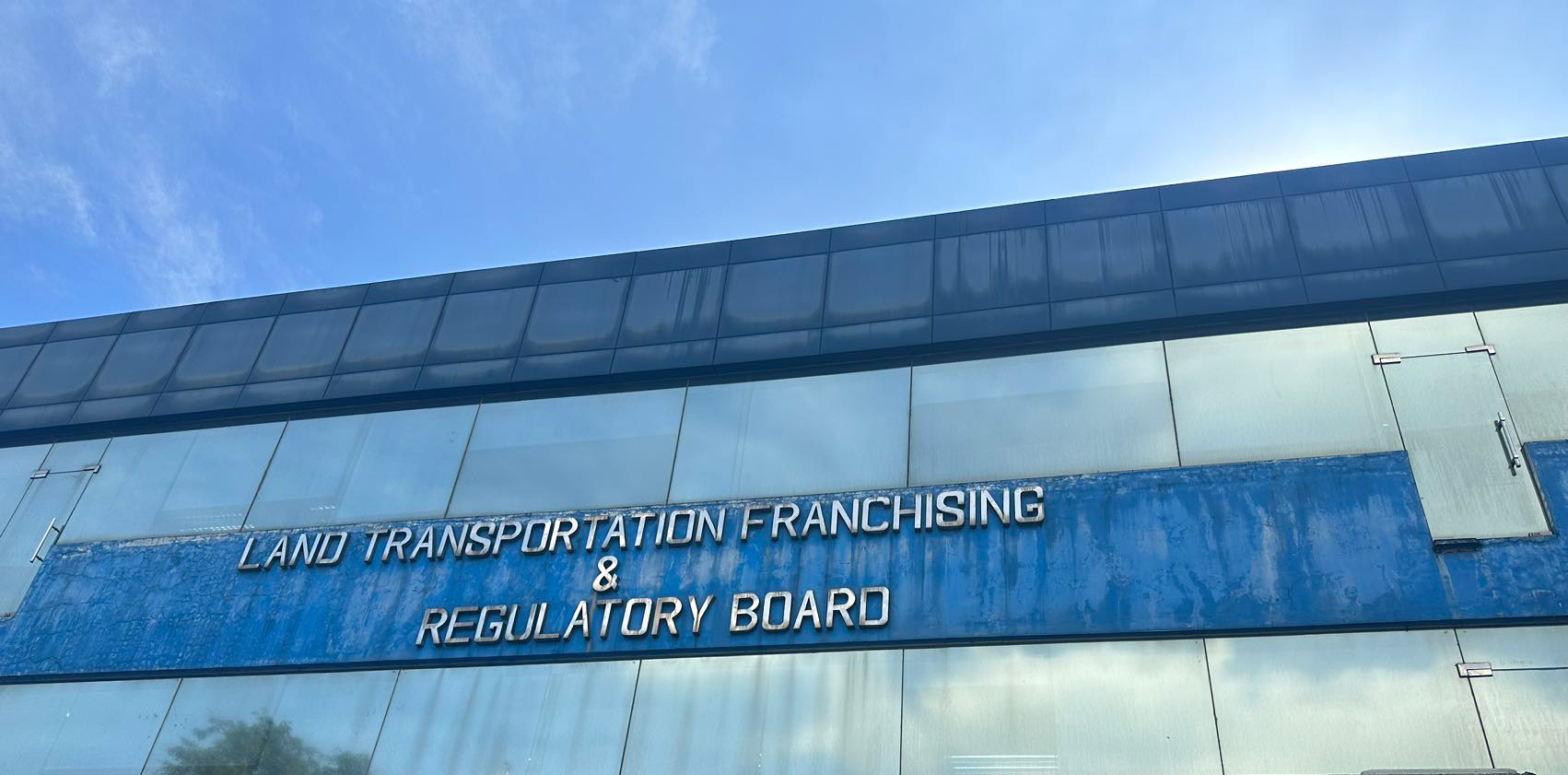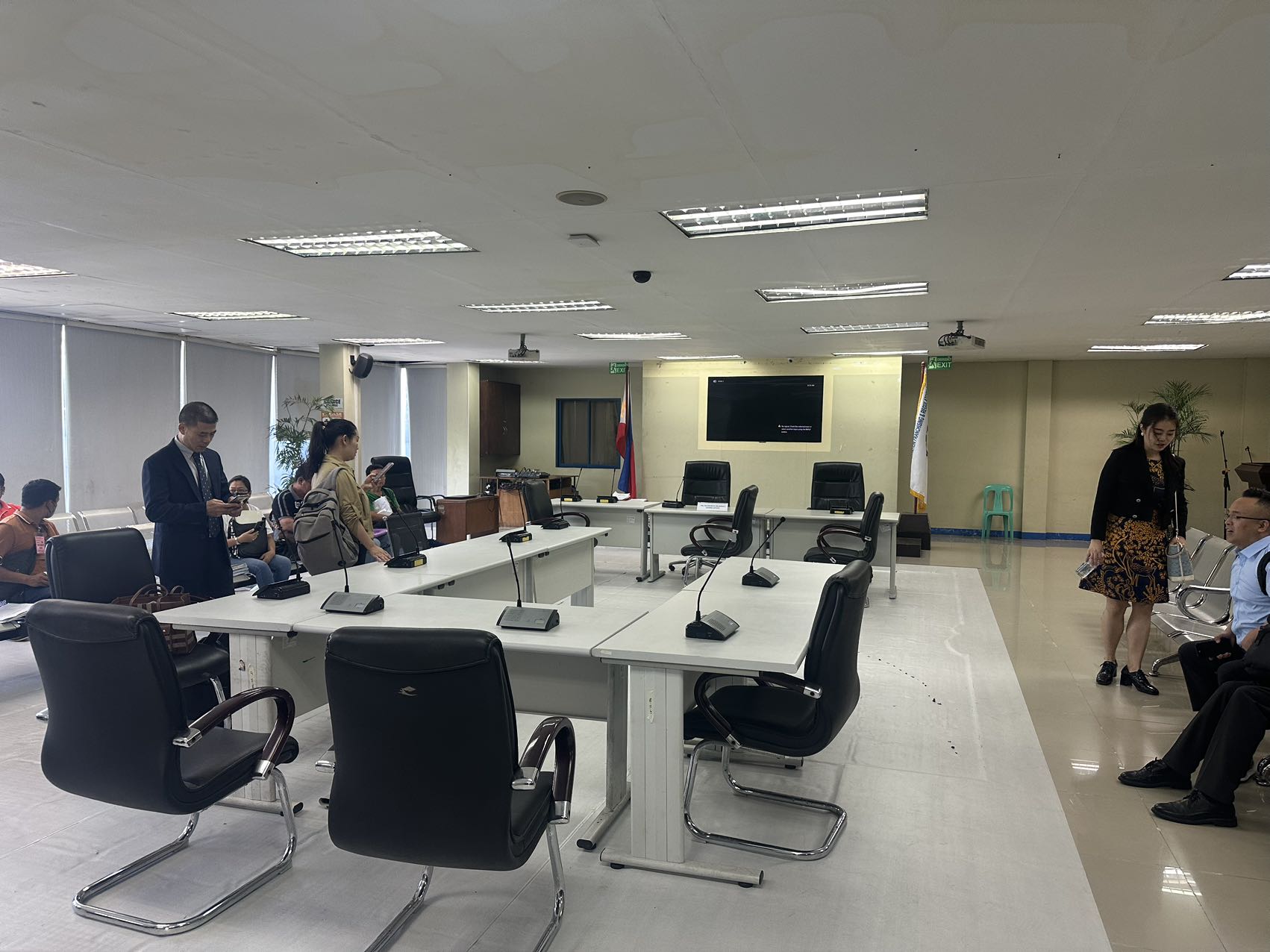Manila, Philippines - In a strategic effort to bolster its public transportation system and reduce reliance on conventional fuel vehicles, the Philippine government and associated entities are committed to advancing the development of electric vehicles. Central to this initiative is the desire for collaboration with Chinese battery firms, including prominent delegates such as "Kenergy New Energy Technology Co., Ltd." and "Kelan New Energy Technology Co., Ltd."
Land-transportation-Franchising&Regulatory-Board
As of now, the Philippines possesses approximately 1,400 electric jeepneys, a unique form of public transport. However, there is a pressing need for modernization.
The Public Transport Vehicle Modernization Project
The ambitious "Public Transport Vehicle Modernization Project," introduced in 2018, aims to overhaul 230,000 jeepneys, replacing them with eco-friendly electric vehicles. The primary objective of this project is to enhance the nation's transportation system and foster a cleaner environment
Collaborative Battery Manufacturing
The Philippines eagerly anticipates partnering with Chinese battery companies, especially representatives like "Kenergy New Energy Technology Co., Ltd." and "Kelan New Energy Technology Co., Ltd.," to establish battery manufacturing facilities. This partnership is pivotal to meet the demand for electric vehicle batteries and position the Philippines as a hub for the electric vehicle industry in Southeast Asia.

Addressing Aging Public Buses
Many jeepneys in the Philippines have been in operation for over 15 years and require immediate upgrades and modernization
Ecological Public Transport Vehicle Executive Order
The government has drafted an executive order focused on developing eco-friendly public transport vehicles, clearly defining the status of electric cars. This could lead to more favorable policies, including higher subsidy standards.

Incentive Policies
The Department of Trade and Industry (DTI) and the Investment Promotion Agency are poised to introduce incentive policies, including fiscal incentives and procurement subsidies, to encourage the purchase and use of electric vehicles.
Setting Standards for Electric Jeepneys
Further refinement of standards for electric jeepneys is essential to ensure compliance with regulations.
Electric Tricycle Plan
In addition to public transport reform, the Philippines plans to upgrade around 3 million traditional gasoline tricycles to electric tricycles, reducing emissions and improving environmental performance.
Battery Supply
Despite the Philippines' current dependence on imported lithium batteries from China, due to the absence of domestic lithium battery manufacturers, Glenn G. Penaranda, the Business Attache at the Philippine Embassy in China, emphasizes the critical importance of the battery project for the entire electric vehicle industry. He hopes to see more significant Chinese enterprises, including "Kenergy New Energy Technology Co., Ltd." and "Kelan New Energy Technology Co., Ltd." engage in commercial partnerships in the Philippines to contribute to the prosperity of the electric vehicle sector.
These measure underscore the Philippine government's proactive stance on advancing electric vehicles, improving the transportation system, and reducing reliance on traditional fuel vehicles. This plan has the potential to promote the widespread adoption of electric mobility in the Philippines while making significant contributions to environmental conservation.





